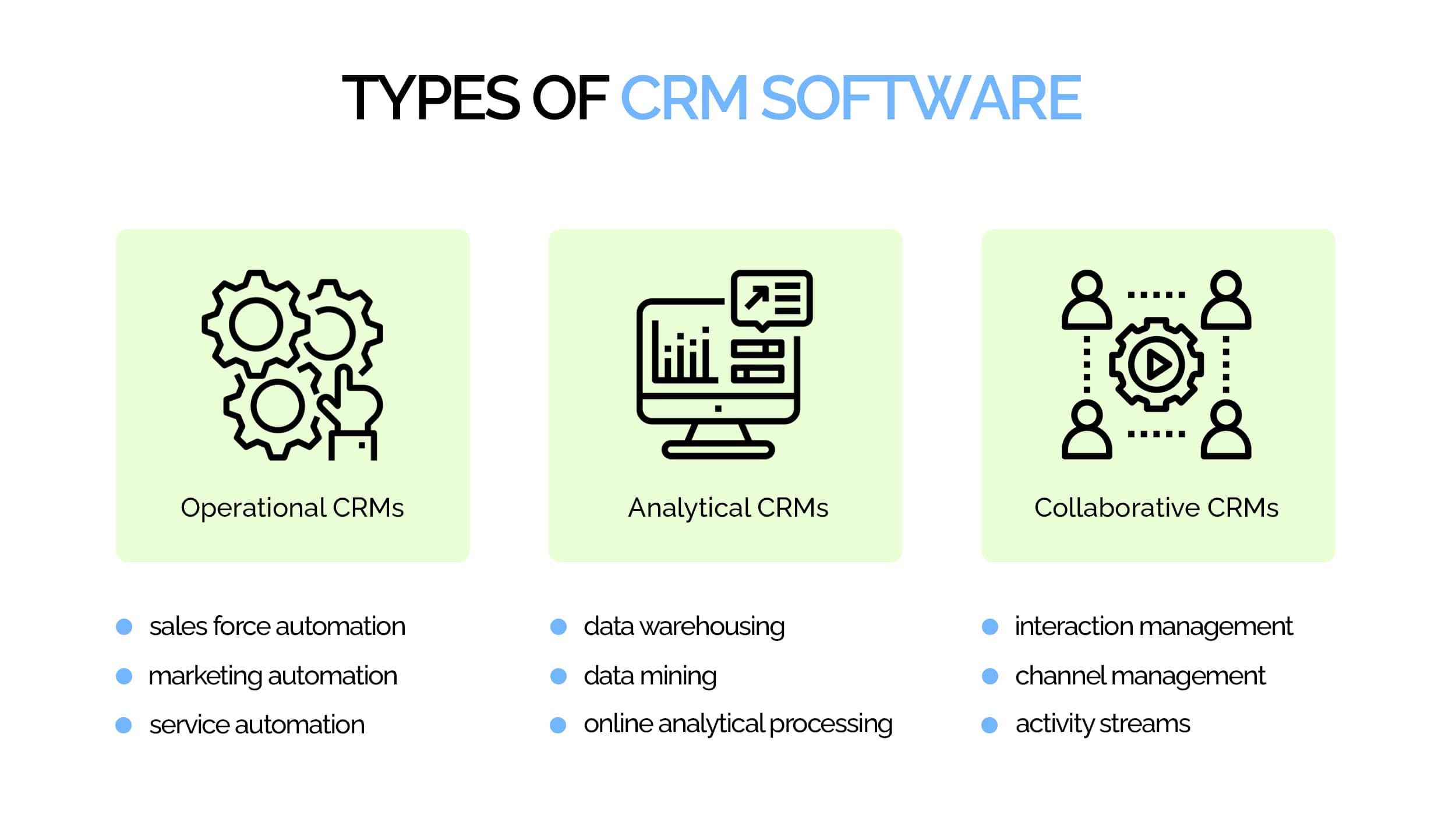Unleashing Commercial Potential: The Key Merits of CRM Software
In the current rapidly evolving corporate landscape, organizations are constantly looking for ways to improve customer engagement and drive growth. One of the most powerful tools to achieve this is CRM software, also called CRM software. By organizing customer information and optimizing communication, CRM platforms allow businesses to better grasp and serve their clients, ultimately unlocking substantial potential for achievement.
The benefits of CRM software extend far beyond just managing contacts. With features designed to assess customer behavior, automate tasks, and improve collaboration among teams, businesses can tailor their tactics to meet the specific needs of their clients. As a result, companies not only improve customer satisfaction but also elevate loyalty and retention, leading to continuous growth and financial success. Embracing CRM software is no longer just an option; it is a necessary step for businesses looking to succeed in the competitive landscape.
Key Benefits of CRM Software

A primary benefits of CRM software is its ability to improve client relationships. By centralizing customer data, businesses can obtain comprehensive information on client engagements, likes, and purchase history. This enables companies to personalize their communication and tailor their services, leading to improved customer satisfaction. When clients feel that their needs are understood and appreciated, they are more likely to remain faithful and participate in repeat business.
Moreover, significant benefit of CRM software is the boost in sales efficiency. With streamlined processes and optimized workflows, sales teams can manage prospects and opportunities more efficiently. CRM systems offer tools such as sales forecasting, client management, and task automation, allowing sales representatives to focus more on building relationships and closing deals rather than getting overwhelmed by paperwork. This increase in efficiency can lead to increased conversion rates and ultimately boost revenue growth.
Moreover, CRM software can enhance collaboration within an organization. By enabling different departments, such as sales, marketing, and customer support, to share access to a centralized database, teams can work together more effectively. This collaboration fosters a holistic understanding of the customer journey, making sure that all interactions are coherent and guided by shared insights. As a result, businesses can provide a smooth experience that meets the overall objectives of customer engagement and retention.
Enhancing Customer Relationships
Implementing CRM solutions substantially boosts the way companies communicate with their consumers. By consolidating customer data, organizations can gain a comprehensive view of every relationship. This enables for tailored communication and bespoke services, promoting a sense of worth and appreciation among customers. As a consequence, patrons feel more engaged and invested, resulting to stronger loyalty throughout time.
Additionally, CRM platforms allows companies to enhance their customer service functions. With rapid availability to customer history and preferences, service representatives can manage inquiries and settle issues more promptly. This speed is critical in creating trust and satisfaction, as patrons appreciate timely and helpful support. The ability to track interactions also assists detect trends in customer actions, allowing companies to actively handle potential issues.
Moreover, CRM systems facilitate improved collaboration across divisions. Sales, marketing, and customer service groups can share insights and updates, guaranteeing a harmonious approach to customer engagement. This collaboration not only enhances internal communication but also leads to a much more consistent customer journey. When crm training receive reliable communication and support from every channels, their overall opinion of the company increases, strengthening a positive relationship.
Enhancing Sales and Productivity
CRM software is a vital tool for enhancing sales processes and boosting efficiency inside companies. By consolidating customer data and interactions, sales teams can access critical insights that assist in identifying opportunities and tailoring their sales pitches. This streamlining of information allows for more rapid decision-making and encourages a more responsive approach to customer needs. Sales representatives can prioritize leads based on their probability to convert, maximizing the chances of closing deals effectively.
Additionally, CRM software streamlines routine tasks that often consume valuable time. For instance, it can handle scheduling appointments, sending follow-up emails, and generating reports, allowing sales professionals to focus on building relationships with clients and closing sales. This automation reduces the potential for human error and ensures that no lead is overlooked. As a result, teams become more productive, allowing organizations to achieve higher sales volumes and improve overall operational efficiency.
Ultimately, the analytical capabilities of CRM software provide companies with the tools needed to track performance and identify areas for improvement. By analyzing sales data, organizations can uncover trends and adjust strategies accordingly. This data-driven approach not only improves sales forecasting but also informs the development of targeted marketing campaigns. Ultimately, CRM software promotes a culture of continuous improvement and change, driving sales and efficiency to greater levels.